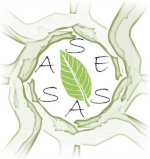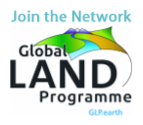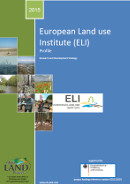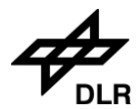Mission & Concept
Mission and concept of SESASA
Accounting local land management practices in modelling multi-scale social-ecological relationships require an integrative knowledge processing approach. The theoretical framework allows to analyse how (i) national agricultural policies and related financial governance instruments (ii) influence land-use intensities and underlying environmental and socio-cultural parameters on landscape level (iii) while farming practices as well as concrete resource management are linked to local scale. The multi-disciplinary system builds on three different modelling systems to address nested-scale responses to social-ecological interactions. At local scale,
MOWASIA as an agent-based model simulates different agent archetypes and how human-nature interactions are structured. The model system will focus on social behaviour, local perception and beliefs in food-water securities. From local to landscape scale,
ECOSERV will model biotic and abiotic processes in interaction with social-economic impacts to analyse alternative land-use and management strategies. These interactions address complex topological relationships within an ecosystem combined with social groups that intervene into the functioning of the system. At landscape scale,
GISCAME will consider impacts of land-use and management changes on food-water availability as an interface to ECOSERV, while community-driven management adaptations are linked as an interface to MOWASIA.

- Modelling concept of SESASA










